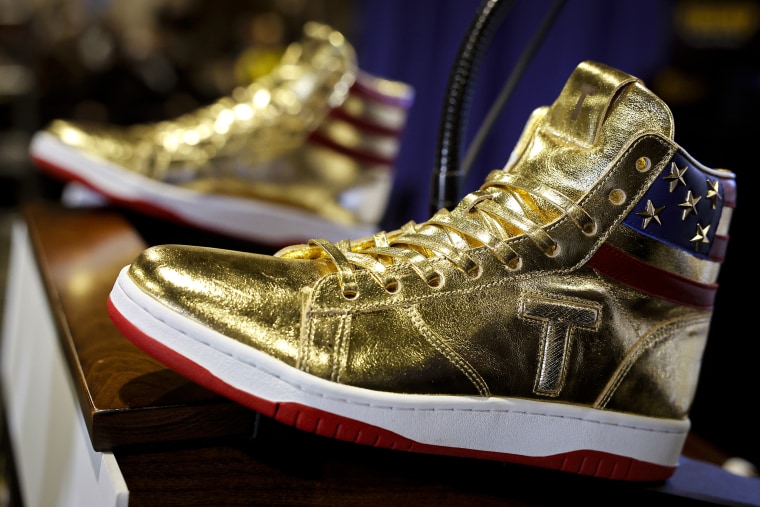From the onset of Trump’s presidential journey, it is clear that his approach in business and politics was unorthodox in comparison to his predecessors. One of those areas that stood as a testament to his innovative spirit was his inclination towards unusual merchandising traditions. Notably, Trump threw into the market an interesting mix of products such as Bibles, sneakers, and perfumes.
One of Trump’s signature deals was selling Bibles. No previous candidate had dared to venture into the spiritual arena of selling religious artifacts as a part of their campaign portfolio. Known for his business acumen, Trump saw an opportunity to consolidate his evangelical base, who undeniably formed a significant portion of his support system. The sale of Bibles was not merely a profit-generating strategy. Instead, it served as an unconventional, yet powerful means to firmly associate him with Christian values, arouse interest in religious communities, and ignite fiery debates, all at once.
Moving into the fashion segment, Trump’s choice to sell sneakers was equally noteworthy. Much more than a campaign gimmick, the sneakers reflected Trump’s modern approach, aiming to target a younger demographic. Reaching out to the millennials and Generation-Z, not traditionally the most politically active groups, was a calculated move. Sneakers, being representative of youth culture, were intelligent merchandising tools that sought to strike a chord with these generations.
Trump’s unusual choice of merchandise also extended to the aromatic realm with perfumes. With the launch of his own perfume line, Trump again overturned norms set by his forerunners. The perfume industry exists in a realm where politics traditionally have no influence. Trump’s endeavour to tap into this industry stirred things up, challenging the status quo. Much like his Bible and sneaker deals, the perfume enterprise portrayed an image of a businessman-turned-politician who was not afraid to delve into the less treaded territories of presidential campaigning.
Alongside making a bold statement about his creative marketing approach, these unconventional ventures also gave him a unique selling point. Other presidential candidates were selling typical merchandise like T-shirts, stickers, and buttons. In contrast, Trump’s merchandise formed a unique array of products that spoke to his inclination towards breaking away from usual practices.
Experts argue that these unique merchandising strategies, though ill-accepted by some, were influential in keeping Trump and his campaign on the radar, keeping people engaged and talking. With the introduction of Bibles, sneakers, and perfumes, Trump invited endless debate and discussion – proving to be a magnet for the media and the general population alike.
It is undeniable that Trump’s adventures into the domain of Bibles, sneakers, and perfumes as campaign merchandise translated into an extraordinary phenomenon for a presidential candidate. These ventures, reflecting on his marketing strategies, were not just brilliant stunts but also strategic plays. They were aimed at connecting with diverse masses, stirring national conversations, and setting an uncanny yet trendsetting standard for future campaign trails.




